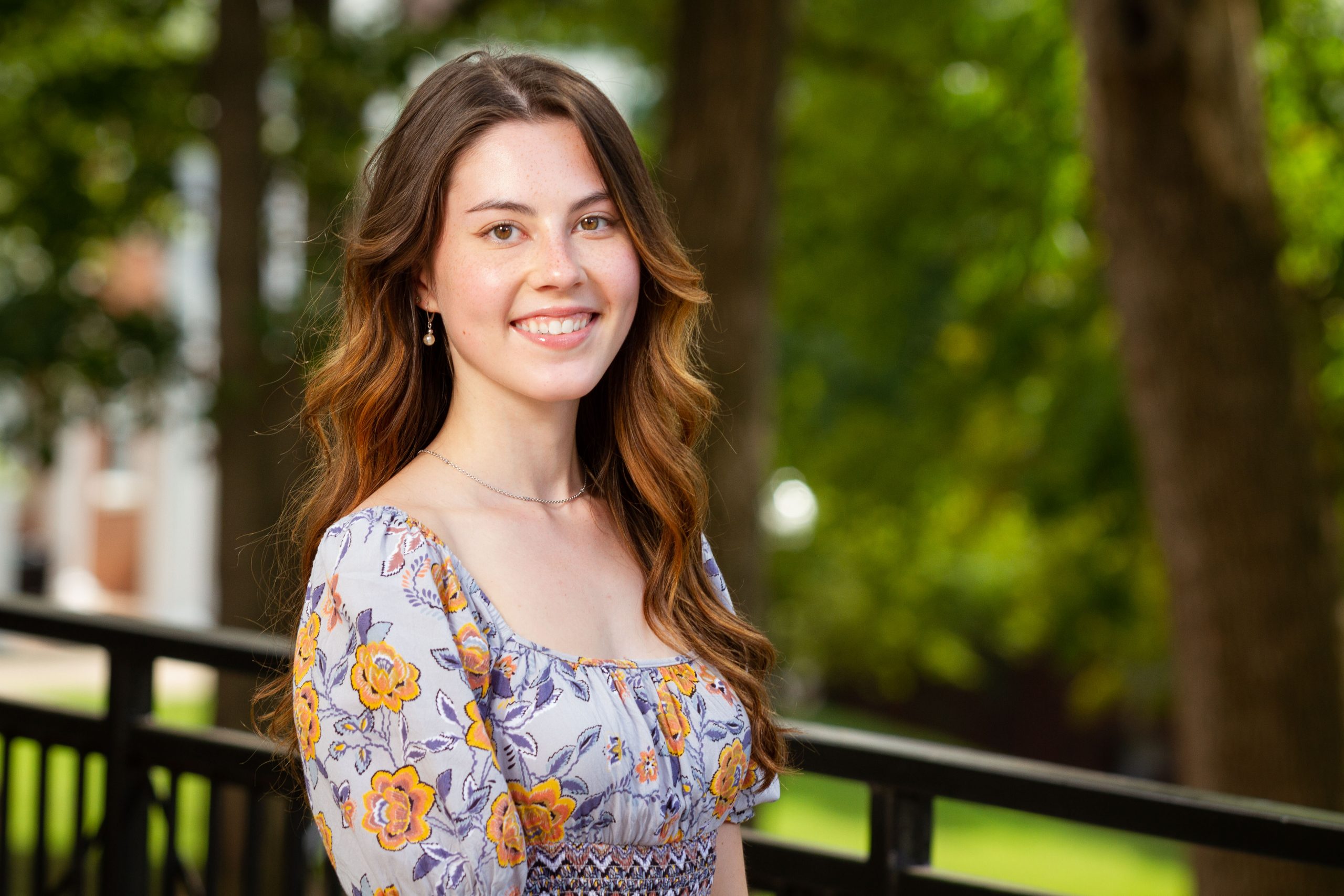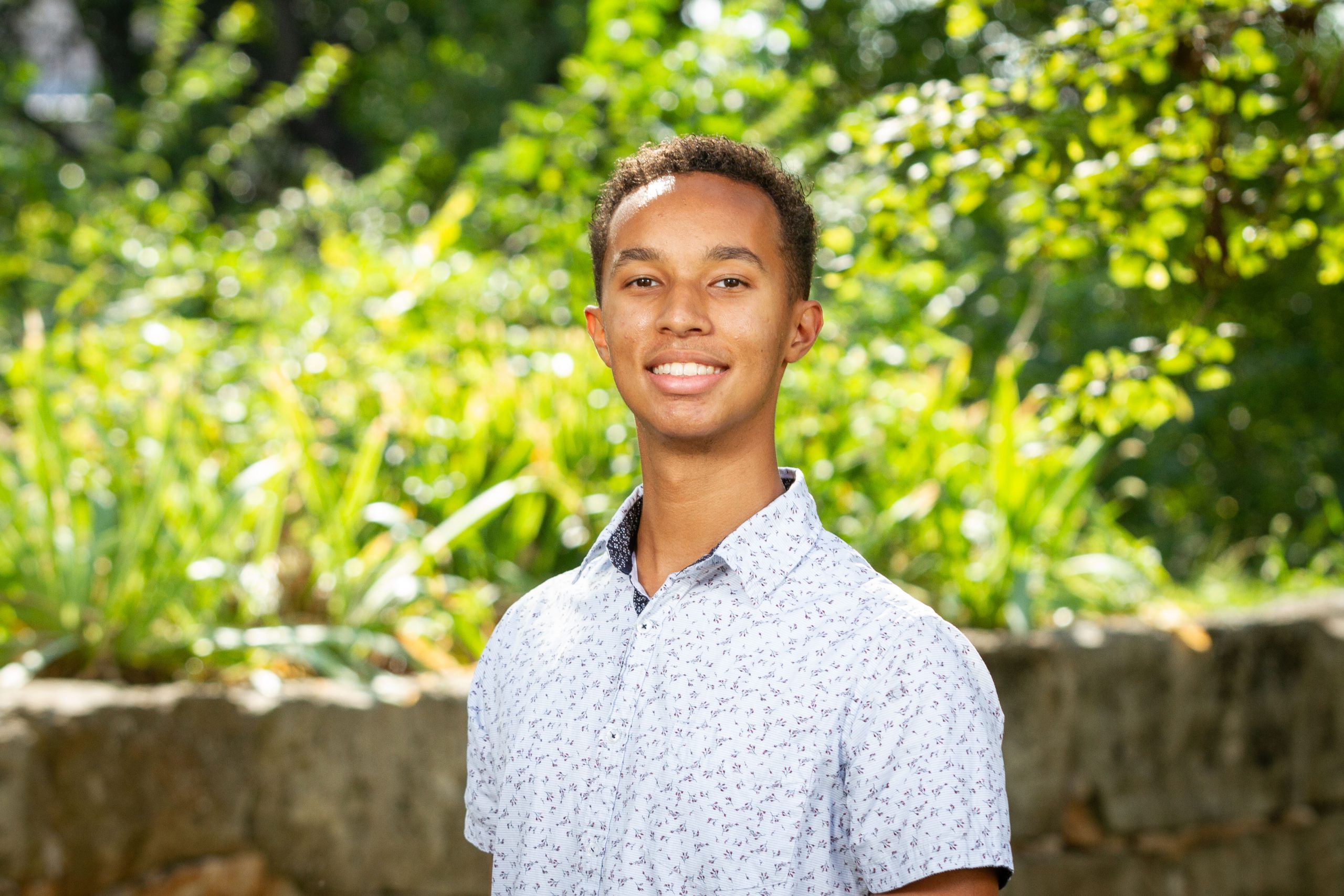[fblike]
Dr. Julia Link Roberts, Mahurin Professor of Gifted Studies at WKU, is one of two recipients of the Acorn Awards for teaching excellence, given annually to outstanding professors at Kentucky’s colleges and universities—one for a professor at a four-year college or university and one at a two-year institution.
Dr. Julia Roberts (left) received the Acorn Award on Sept. 23 in Lexington. WKU President Gary Ransdell (right) said Dr. Roberts is “a world leader in the education of gifted and talented students. Our gifted children are fortunate to have Julia Roberts leading this important sector of education in Kentucky.” (Photo courtesy of CPE)
David L. Cooper, professor of English and African-American history at Jefferson Community and Technical College, was also honored. Both recipients received a $5,000 honorarium and inscribed plaque.
The awards were presented Friday (Sept. 23) at the 23rd Annual Governor’s Conference on Postsecondary Education Trusteeship in Lexington, sponsored by the Kentucky Council on Postsecondary Education and Kentucky’s colleges and universities.
WKU President Gary Ransdell said Dr. Roberts is a superb teacher, scholar and researcher.
“She has been singled out by our faculty as a University Distinguished Professor. She is the holder of the Mahurin Professor of Gifted Studies,” he said. “More important, however, is her long and impressive record of innovation in creating WKU’s Center for Gifted Studies and the Gatton Academy of Mathematics and Science in Kentucky. She has become a world leader in the education of gifted and talented students. Our gifted children are fortunate to have Julia Roberts leading this important sector of education in Kentucky.”
Dr. Roberts, known as Dr. Julia on campus, said she was honored “to be recognized as a productive faculty member in the field of education, specifically in gifted education; for initiating and directing programming for gifted children and young people; and for leadership in state, national and international organizations in gifted education.”
Dr. Roberts has 46 years of teaching experience, including 35 at WKU. She is president-elect of The Association for the Gifted (a division of the Council for Exceptional Children), a member of the Executive Committee of the World Council for Gifted and Talented Children and co-chair of the Legislative and Advocacy Committee of the National Association for Gifted Children. She is also a member of the board of the Kentucky Association for Gifted Education and the Kentucky Advisory Council for Gifted and Talented Education.
Dr. Roberts, a native of Kirksville, Mo., holds degrees from Oklahoma State University and the University of Missouri.
In his nomination letter, Dr. Ransdell said she was a brilliant teacher and a tireless advocate for gifted children, their families and their educators. During her tenure at WKU, programs she has led have touched more than 30,000 students, he said.
“The wonderful young people with whom I have had the privilege of working are the highlight of my career,” Dr. Roberts said.
Other high points include:
- Being named one of the 55 most influential people in the history of gifted education
- Serving as the founder and executive director of The Center for Gifted Studies, which is celebrating its 30th year of providing services to children and young people, educators and parents
- Opening the Gatton Academy of Mathematics and Science in Kentucky after 10 years of advocating for a residential school for high school juniors and seniors with both talent and a high interest in careers in science, technology, engineering or math
- Bringing the international headquarters of the World Council for Gifted and Talented Children to WKU.
Nancy Green, executive director of the National Association for Gifted Children, said Dr. Roberts has a national reputation as a mentor and instructor to teacher candidates, classroom teachers and parents.
“Through her longstanding and tireless commitment to teaching and education, Dr. Roberts has truly made a difference in both the field of gifted education and in the classroom,” she said. “Whether it’s through direct influence on children through Western Kentucky University’s summer programs or through a more strategic impact via national advocacy efforts, Julia Roberts is that rare leader who understands both how to shape policy on behalf of many and to directly touch lives one at a time.”
The Kentucky Advocates first presented the Acorn Awards in 1992. Recipients are chosen based on recommendations by faculty and students as well as self-written essays about their philosophy of teaching.
Contact: Julia Roberts, (270) 745-6323; or Sue Patrick at CPE, (502) 573-1652 ext. 308.






